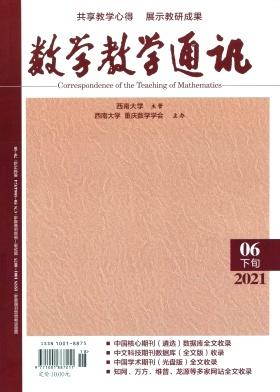Mathematics identity and sense of belonging of developmental mathematics students
引用次数: 0
Abstract
One of the significant challenges facing higher education is narrowing the educational attainment gap between students who are academically prepared and those who are not. Although the intention of developmental education is to help support underprepared students in achieving academic success, there have been disagreements among researchers on the effectiveness of achieving this goal (Goudas & Boylan, 2012). On one hand, developmental mathematics has the capability of providing the impetus that can propel students to their overall academic success. On the other hand, the long road the students have to go through in completing mathematics requirements causes many to give up before they can finish the sequence of courses (Rosin, 2012). This study examines how developmental students’ general and mathematical experiences help to shape mathematical identities they develop and how these identities in turn hinder or enhance their successful participation in mathematics. Also examined are the factors that influence students’ mathematics identities after taking a developmental mathematics course. To this end, the following research questions guided this study of first year students taking a developmental mathematics course at a mid-sized, urban public university:发展性数学学生的数学认同与归属感
高等教育面临的一个重大挑战是缩小有学术准备的学生和没有学术准备的学生之间的教育成就差距。虽然发展性教育的目的是帮助准备不足的学生取得学业成功,但研究人员对实现这一目标的有效性存在分歧(Goudas & Boylan, 2012)。一方面,发展数学有能力提供动力,可以推动学生取得全面的学业成功。另一方面,学生在完成数学要求的过程中需要经历漫长的道路,导致许多人在完成课程顺序之前就放弃了(Rosin, 2012)。本研究探讨发展性学生的一般和数学经验如何帮助塑造他们发展的数学身份,以及这些身份如何反过来阻碍或促进他们成功参与数学。研究了影响发展性数学课程后学生数学认同的因素。为此,本研究针对一所中等规模城市公立大学一年级发展性数学课程的学生进行了以下研究问题:
本文章由计算机程序翻译,如有差异,请以英文原文为准。
求助全文
约1分钟内获得全文
求助全文

 求助内容:
求助内容: 应助结果提醒方式:
应助结果提醒方式:


